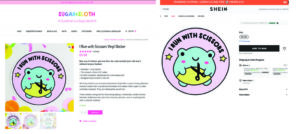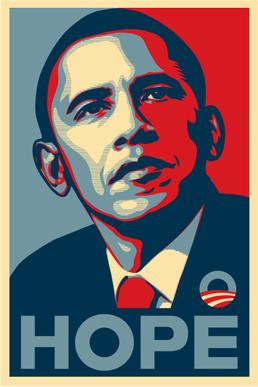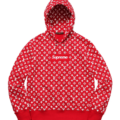
Shein. The bane of small artist’s and business owner’s existence. Started in October of 2008, Shein is an online company whose extreme amount of different styles of clothing has captured the attention of young adults around the world. Characterized by sexy, trendy styles, Shein clothing is a fast and easy way to get new styles shipped to your doorstep for a fraction of the price that most people would normally spend on clothing. Unsurprisingly, the discounted price comes with a cost- no pun intended.
The fast fashion retailer has not been held unaccountable. According to an article from The Fashion Law, Shein dropped 6,239 new items on it’s website in just one day. Because of this, it might not come as a surprise that they have been accused of stealing designs and entire pieces of clothing from other businesses constantly. Gucci and Dior are just two of the many brands whose items can be found almost identically on the huge retailer’s website. On TikTok, it is not uncommon at all to find a small business showing solid evidence that Shein has stolen their artistic ideas in a criminal manner while undercutting the small businesses sales. However, the materials and designs have significantly less quality than the original. Having owed a few Shein items myself, I would say that you are able to get about two or three days of wear out of them because of the incredibly cheap materials and technique used to make them.

Although they are blatantly stealing other designers ideas and products, many people I know defend them since not everyone can afford the designer price tag that comes with Gucci or Dior. Here comes the moral dilemma- should Shein be to blame for copyright infringement, or should the designer brands be to blame for making clothing that is out of many people’s price range? The concept of copyright laws has been debated in the artistic community for a while, but whether or not you support these laws, there is no doubt that the basis of Shein’s creative team is immoral. Stealing profits from small (or large) businesses by blatantly copying their design seems like it should not be sustainable for a business plan, yet Shein has thrived for 13 years off of this plan. Since customers buy large “hauls” of clothing each time, the lawsuits that come with copyright infringement are able to be paid for while still keeping a profit for the company. In 2020, Forbes estimated that Shein earned $10 billion in revenues. That’s billion with a “b”.

The artistic side of wanting to make designs and clothing more accessible to the masses seems like a noble goal. The problem, however, is that they are taking away many artists hard work just to earn a few cents per item they sell. Their money-hungry approach scares many brands to this day. Even if they were to sue for copyright infringement, Shein has shown time and time again that they are not afraid of a little lawsuit. Their criminal actions that harm the artistic and creative community show that they need to be held accountable. Supporting this business is directly harming other businesses, whether Shein’s customers are aware of it or not.







